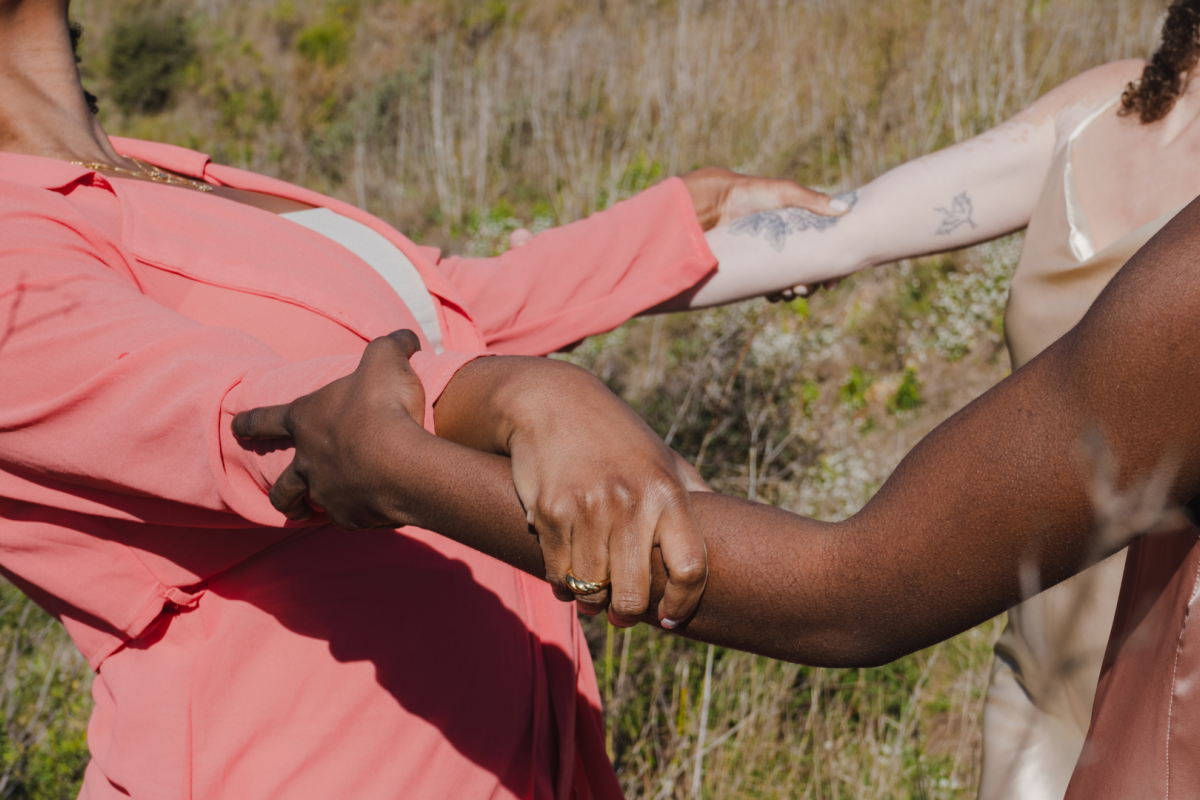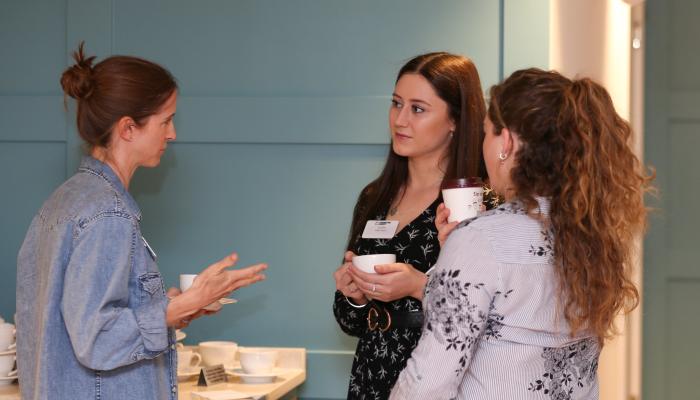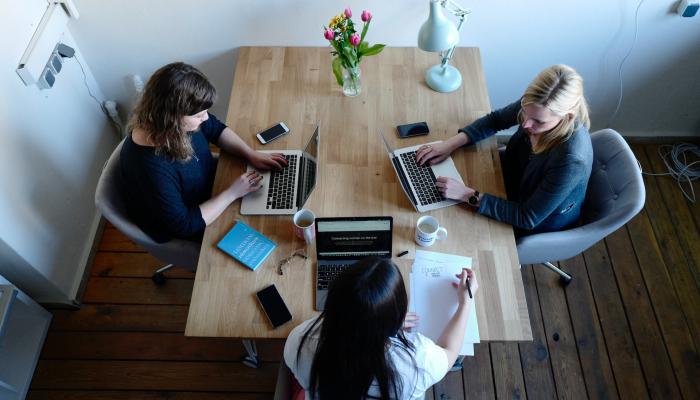When I wrote about my experience of pregnancy in Bodies, Blood, Babies and Work, I told the story of a moment in my pregnancy when I thought I was miscarrying. I shared the brutality of the words written in all caps on the form from the hospital when they discharged me, “THREATENED ABORTION”. These words carry a different weight since the reversal of Roe v Wade.
Since the reversal of Roe v Wade, I’ve shed many tears watching the horror, sadness, and processing happening amongst my friends; The Handmaid’s Tale memes, the outrage at the words, ‘no exception for rape or incest’, the realization that, when it comes to their bodily autonomy, a corpse has more rights than a woman (organ donation is optional, giving birth now isn’t). A close friend and brilliant lawyer wrote something that cut through the trauma tsunami of my feed:
‘People posting about abortion rights, sharing stories about women who have had abortions because of illness, complications, sexual abuse. Still missing the point. If a woman wants an abortion for any reason, she should have the right to one. End of. The need to make any sort of moral argument for one continues to take the choice out of the hands of the person whose body the pregnancy is happening to. The issue was the law even entering into that arena in the first place.’
My friend is right. The law almost exclusively interferes with the bodily autonomy of groups of people who have been either property and/or dehumanized throughout history. It’s hard to see this intervention actually reducing the number of abortions, given that abortion rates in America have halved in the 40 years since Roe v Wade. The criminalization of abortion will mean the criminalization of pregnancy, a time which is already heavily ‘policed’ by medical institutions, policies that exclude pregnant people, and ‘well meaning’ strangers in the street. The implication of criminalizing pregnancy is the notion that if you’re born female, your body is not your own. Shocking right? Not to everyone. In a recent FT interview, Amia Srinivasa, philosophy professor and social justice author, expressed no surprise at the reversal and drew an association between shock and privilege: “The history of Anglo-American feminism has been the history of just asking: What if the law just worked perfectly.” Those less privileged than white women have been under no allusions that it doesn’t. The criminalization of being black remains insidious today, as does the criminalization of being a transperson. This criminalization plays out through loophole laws that allow for greater arrest and conviction rates. Women, like black people, were previously owned. Now we can be controlled by criminalizing us too.
In my personal life, I have often experienced a lack of bodily autonomy enforceable by law. Every time I’ve been casually assaulted and told to let it go. When I was raped and didn’t feel safe to tell anyone, let alone prosecute because didn’t trust I would be believed. As feminist Laura Bates points out - rape has been decriminalized with convictions and court summons amounting to just 1.4% of reports in the UK. In these instances I avoided the law and that avoidance was my choice. Data from Planned Parenthood shows that one in four pregnancies end in miscarriage and about 1% of to-term pregnancies end in still birth, both of which are likely to require medical intervention. In a world where a miscarriage or ‘threatened abortion’ can amount to a homicide investigation, this avoidance will become far harder.
Planned Parenthood also cites that five women have been arrested for stillbirth or miscarriage - three between 1884 and 1994, and two since 2015. This extract from their recent post about the criminalization of pregnancy reads: ‘Criminalizing a pregnancy loss casts pregnant people as vessels rather than people. A fetus is a person by law in Alabama, and therefore can qualify as a victim of homicide… so a person could be arrested for waiting even one minute to call the authorities after a pregnancy loss or for engaging in behaviors that could put the pregnancy at risk’.
On the day when I thought I was miscarrying, I had gone for a walk. After I had started to bleed, the hospital said I was most likely miscarrying and that I should come in. I froze, uncertain whether to see if the blood lessened or got worse and not wanting to add to my stress by going into the Emergency Room. We knew that if we had lost our baby there would be nothing they could do and the environment would only add to the trauma. Imagine if by going for the walk earlier and then taking time to weigh the risk and talk it through we were committing a crime.
In my previous post, I talked about how my internalized experiences were affecting me at work. How silence around fertility and pregnancy difficulties are normalized and how we needed to break this cycle. I agree with my friend that this is not an area the law should touch. And it’s also heartening to see how many personal experiences are being shared by women coming forward to break the cycle of silence on abortion and miscarriages - which heavily rely on abortion medication to be safe.
After this heightened moment dies down, I hope we can find a safe way to continue to share, in our personal lives and at work. Because I do see value in understanding the myriad of personal experience that will be implicated - not to make a moral argument but to normalize, humanize and decriminalize women whether they’re ‘threatening’ an abortion or not.



